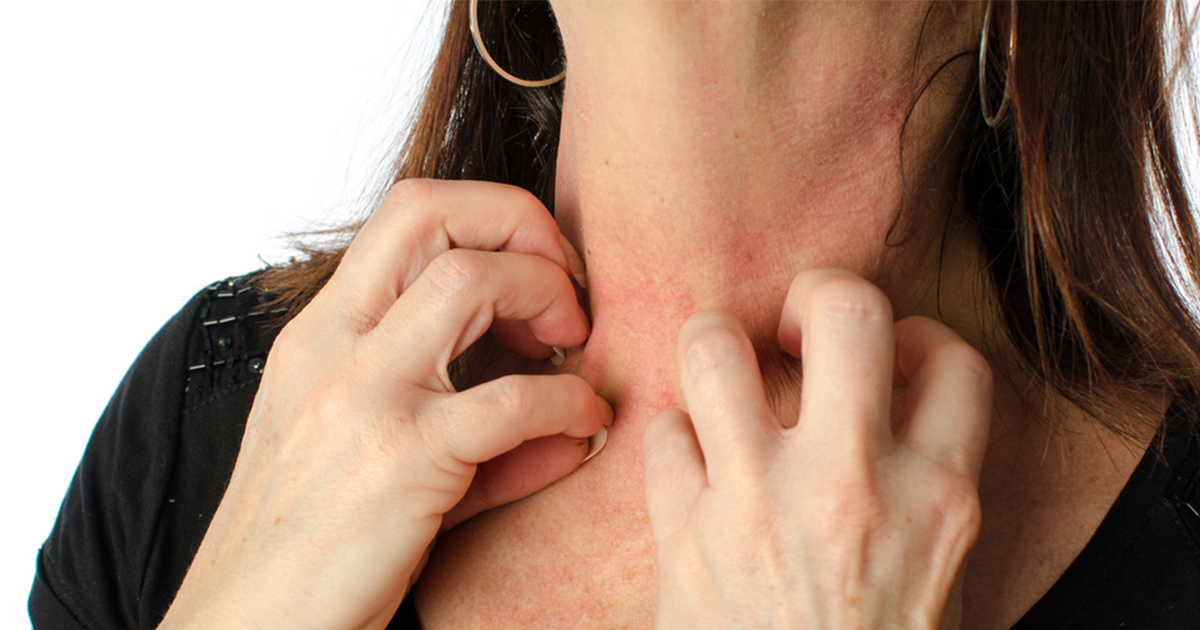Poor Kidney Poor Skin

It is not unusual for people to experience extremely itching skin with advanced-stage kidney problems. Some may even experience it at an earlier stage.
The cause of this itchiness is not fully known yet, but it is believed that body changes related to chronic kidney problems are the reasons behind:
1. Insufficient dialysis. Toxins and wastes still accumulate in the body
2. High levels of parathyroid hormone in the blood
3. Imbalance of electrolytes, for example, high level of calcium, phosphorous, magnesium, or aluminum in the blood
4. Shrunk sweat glands, resulting in dehydrated skin
5. Nerve damage due to chronic kidney problems
6. Chemicals that can cause itching are released from cells, such as histamine
The itching can affect one part of the body, but it can affect the whole body. It may worsen by temperature changes, stress, exercise, etc. It may get worsen by this time when winter comes. People in need can stock up on unscented lotion and lip balm to stay moisturized.
This extreme itching skin can be bothersome. People who experience this should report to healthcare providers and seek appropriate treatment. Doctors may perform a skim exam and evaluate dialysis lab data to assess their condition.
This confirms the relationship between kidney health and blood quality. In this case, the kidneys can no longer maintain a balanced state of chemicals in the blood, leading to itchy skin. Blood circulates through our whole body and brings nutrients to different body parts. Poor blood quality leads to skin problems and adversely affects the rest of the body. Therefore, maintaining healthy kidneys is the key to blood quality and overall health.
- * All research and clinical data should be used as reference purposes only, results may vary.




